AUGUSTA — Maine lawmakers voted overwhelmingly Friday to override Gov. Paul LePage’s veto and allow pharmacists to dispense the drug overdose antidote naloxone without a prescription.
But bills to overhaul Maine’s solar energy policy, provide funding to the state’s campaign finance system and allow dental therapists to perform more procedures all failed to become law because of LePage vetoes.
Overall, House and Senate lawmakers overturned 20 LePage vetoes and upheld vetoes of 12 other bills, many of which were vetoed because of the governor’s objections to additional spending.
The veto votes capped a legislative session in which LePage battled with lawmakers over government spending, energy policy and addressing Maine’s ongoing opiate crisis.
NALOXONE BILL REVIVED
Among the most closely watched bills was the measure that would allow pharmacists to dispense naloxone without a prescription.
The House voted 132-14 and the Senate voted 29-5 to override LePage.
Also known by the brand name Narcan, naloxone works to quickly counteract the potentially deadly symptoms of an overdose from heroin or other opiates. The governor had vetoed the measure last week with the argument that increasing access to the overdose antidote does not address the “root causes of the problem” creating Maine’s drug crisis.
“Naloxone does not truly save lives; it merely extends them until the next overdose,” he wrote in his veto letter. “Creating a situation where an addict has a heroin needle in one hand and a shot of naloxone in the other produces a sense of normalcy and security around heroin use that serves only to perpetuate the cycle of addiction.”
LePage’s stance was criticized by addiction specialists as well as some in law enforcement, a fact likely reflected in the wide margins in both the House and Senate votes.
“This bill has always been about one thing: saving the lives of Maine people suffering from addiction,” bill co-sponsor Sen. Cathy Breen, D-Falmouth, said in a statement. “I was so pleased to see the Senate reject Gov. LePage’s belief that these Mainers are out of reach. Narcan saves lives, and making it more broadly available means more of our fellow citizens will have a second chance to get on the road to recovery.”
The bill was sponsored by Assistant House Majority Leader Sara Gideon D-Freeport.
COUNTY JAIL FUNDING
In another rebuke of LePage policy, lawmakers voted unanimously to override a veto of an additional $2.4 million in funding for the state’s county jails. The money is expected to make up the difference between the $12.2 million the state already approved for the jails for this and next year, and the $14.6 million sheriffs say they need.
Funding for the county jails has been a point of concern since the state unified jail system, established in 2007, capped budget levels for county jails. Lawmakers gave control of the jails back to the counties last year and eliminated the state Board of Corrections.
In his April 22 veto letter, LePage said that “if the counties are responsible for operating the jails, then the counties should also be responsible for paying the costs of the jails.” County administrators as well as sheriffs argued that the additional funding was necessary to close shortfalls and maintain current operations.
CLEAN ELECTIONS
Advocates for Maine’s system of public campaign financing – also known as the Clean Election program – didn’t succeed in their efforts to overturn a LePage veto.
The bill, L.D. 1579, would have provided $500,000 to the public campaign financing fund for the upcoming 2016 elections. According to supporters, the money was needed because the Legislature continually “raids” the Clean Election fund – to the tune of millions of dollars – to pay for other programs and has yet to pay it all back.
LePage, a vocal critic of public campaign financing, called the bill “one bite too many at the taxpayers’ apple” and criticized supporters for not including a mechanism for additional funding in the referendum that passed last year.
The public campaign financing system remains highly popular with legislative candidates, despite the political rhetoric. More than 70 percent of declared candidates for the Legislature in this year’s elections have said they plan to use the system.
The 84-63 vote in the House was well below the threshold needed to override the veto.
RAISES FOR RIVERVIEW WORKERS
Lawmakers overrode LePage and voted to give pay raises to workers at the state’s two psychiatric hospitals, Riverview Psychiatric Center in Augusta and Dorothea Dix Psychiatric Center in Bangor.
The bill, L.D. 1645, would provide a $2-per-hour pay raise to mental health workers, licensed practical nurses and the acuity specialists trained to respond to individuals in “psychiatric crisis.” The bill also would increase the hourly pay of some nurse and psychologist positions by $4.
The House voted 116-25 to override LePage’s veto, while the Senate voted 34-1.
In other votes, the Legislature:
• Overrode a veto of a bill, L.D. 365, that would allow disabled Mainers earning up to $55,000 to receive tax credits for accessibility improvements to their homes.
• Overrode a veto of a bill, L.D. 1468, requiring state ferries to install lockboxes in order to transport medical samples.
• Sustained a veto of a bill, L.D. 1514, that would allow dental therapists to conduct more procedures.
• Sustained a veto of a bill, L.D. 1629, to require the state to conduct a detailed forest inventory of Maine’s public reserved lands every five years and implement other recommendations of a task force that spent months reviewing the state’s land management practices.
This story was updated at 1:40 p.m. April 30, to correct the sponsorship of a bill that allow pharmacists to dispense the drug overdose antidote naloxone without a prescription.
Send questions/comments to the editors.

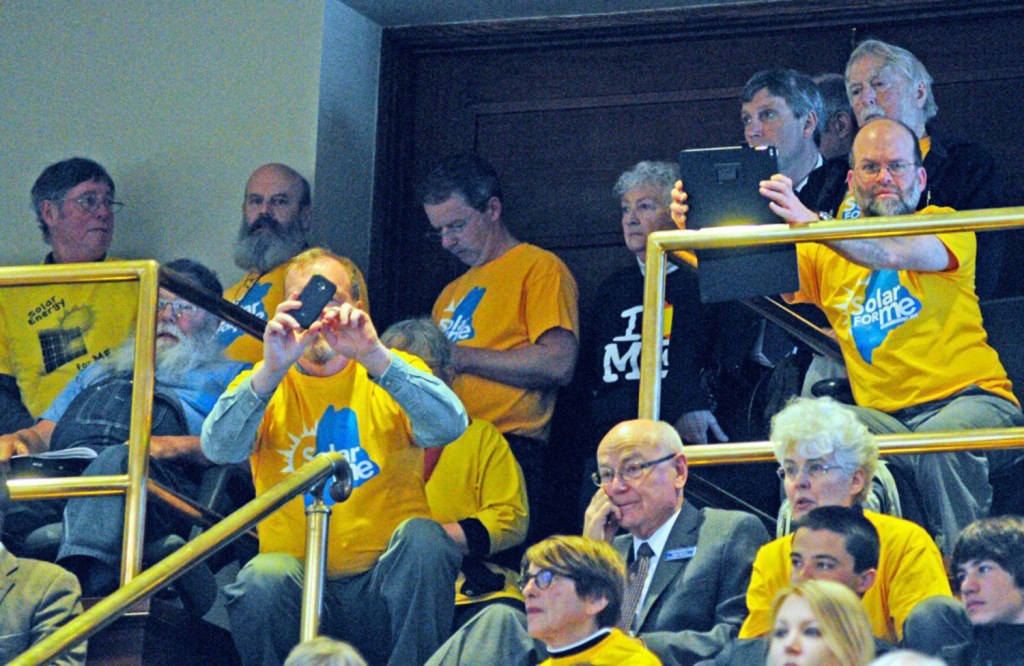
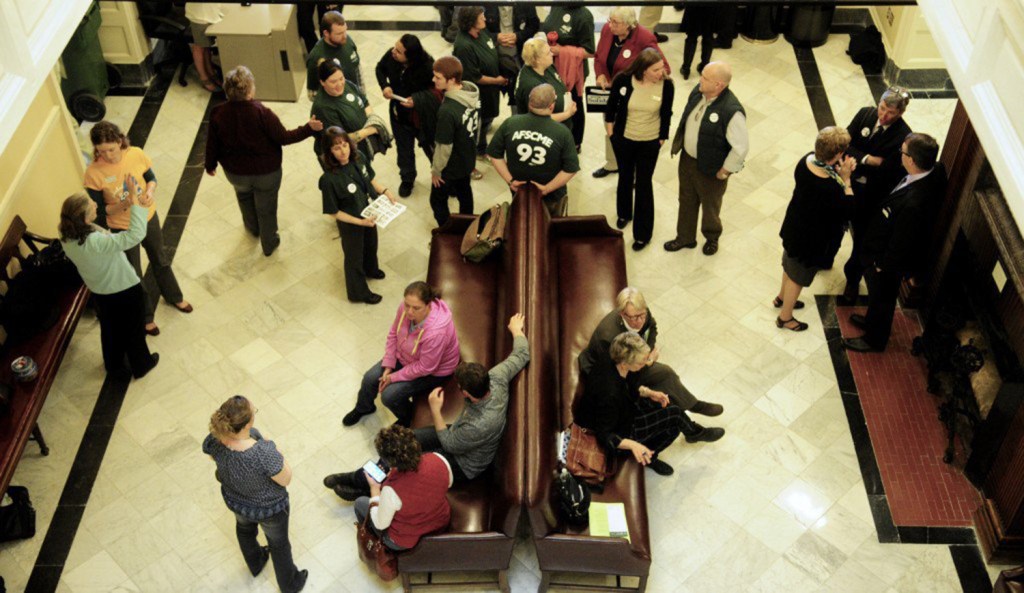
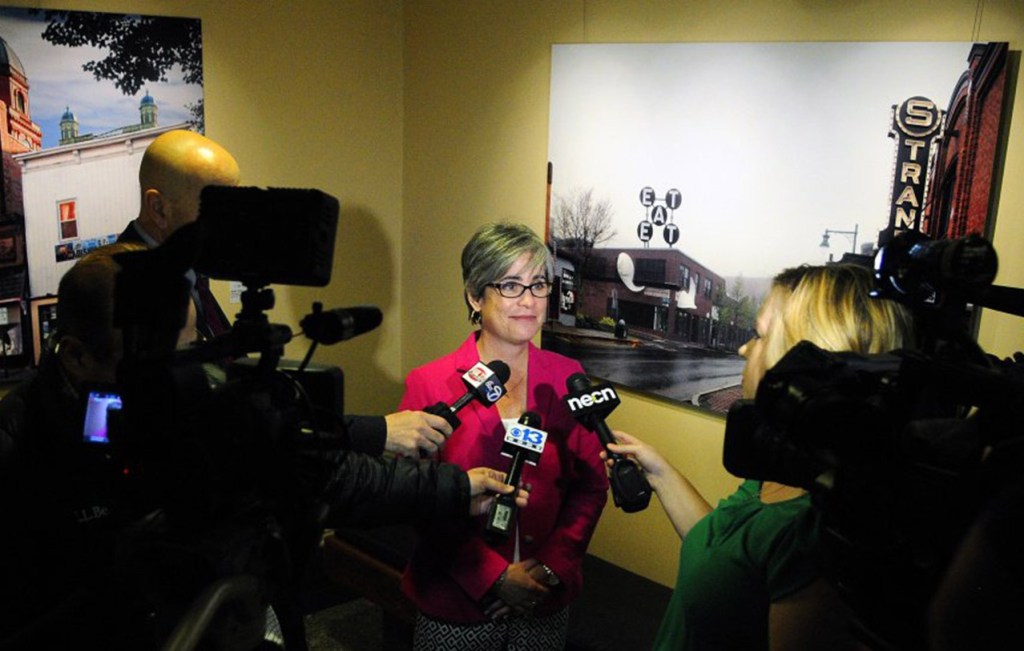
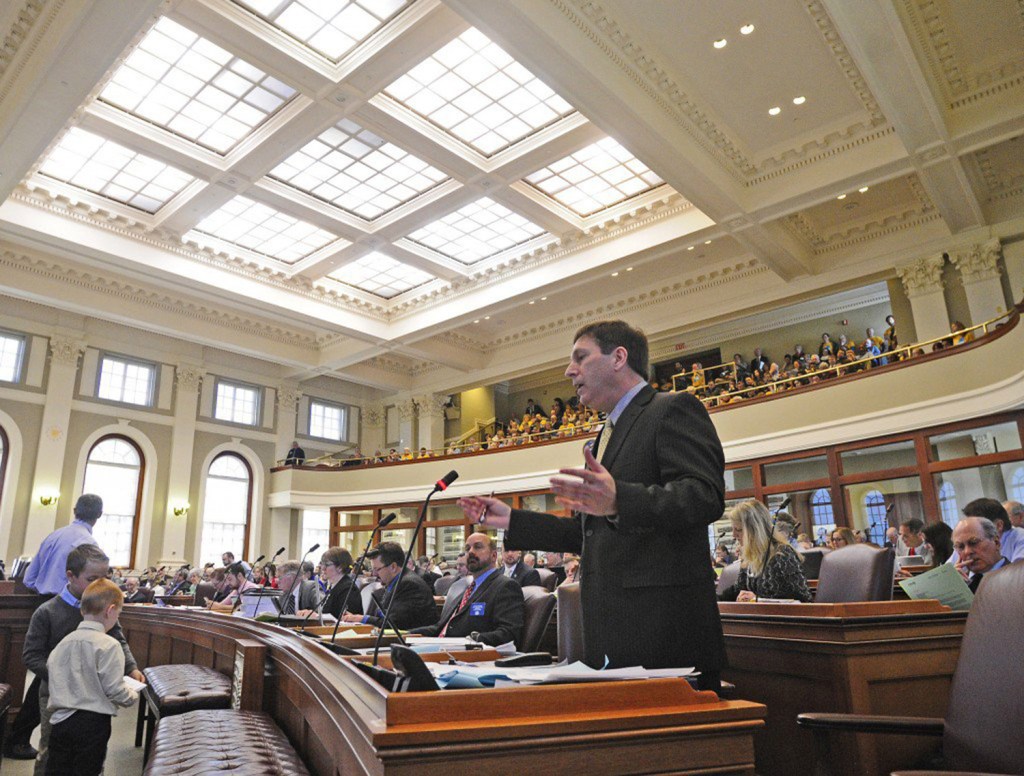

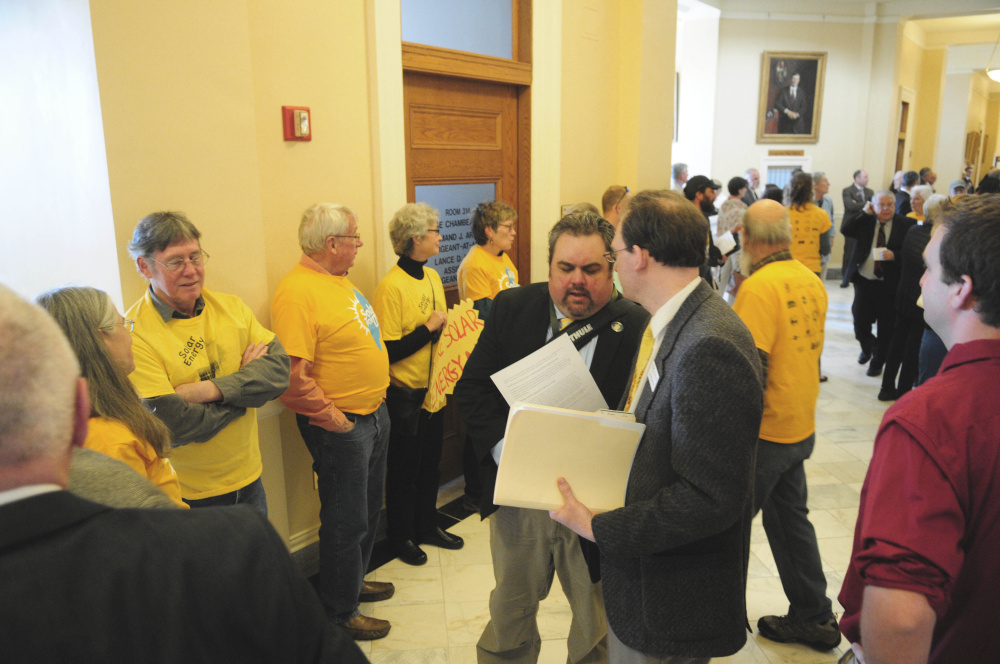
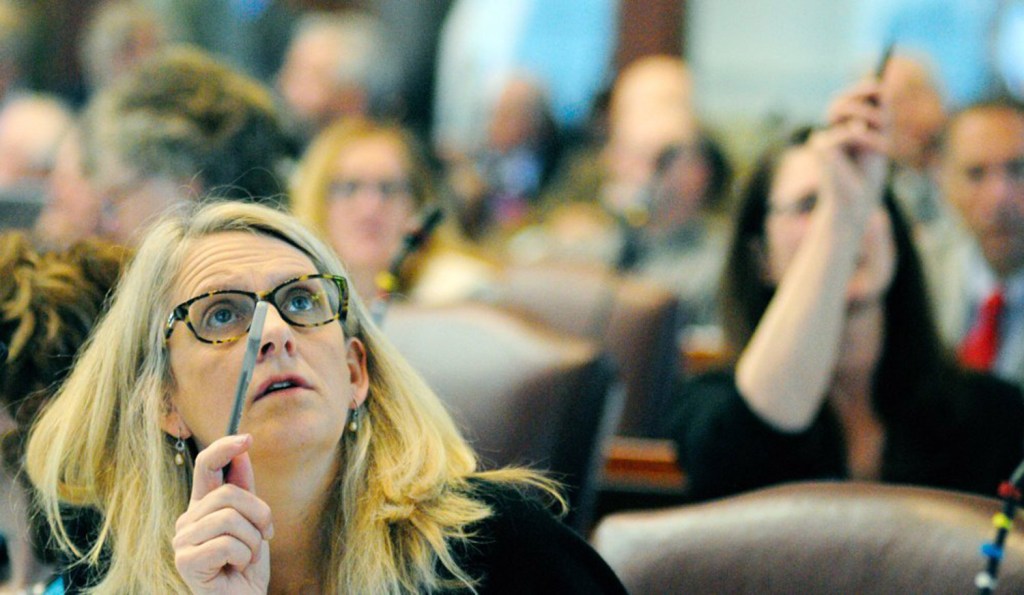

Success. Please wait for the page to reload. If the page does not reload within 5 seconds, please refresh the page.
Enter your email and password to access comments.
Hi, to comment on stories you must . This profile is in addition to your subscription and website login.
Already have a commenting profile? .
Invalid username/password.
Please check your email to confirm and complete your registration.
Only subscribers are eligible to post comments. Please subscribe or login first for digital access. Here’s why.
Use the form below to reset your password. When you've submitted your account email, we will send an email with a reset code.